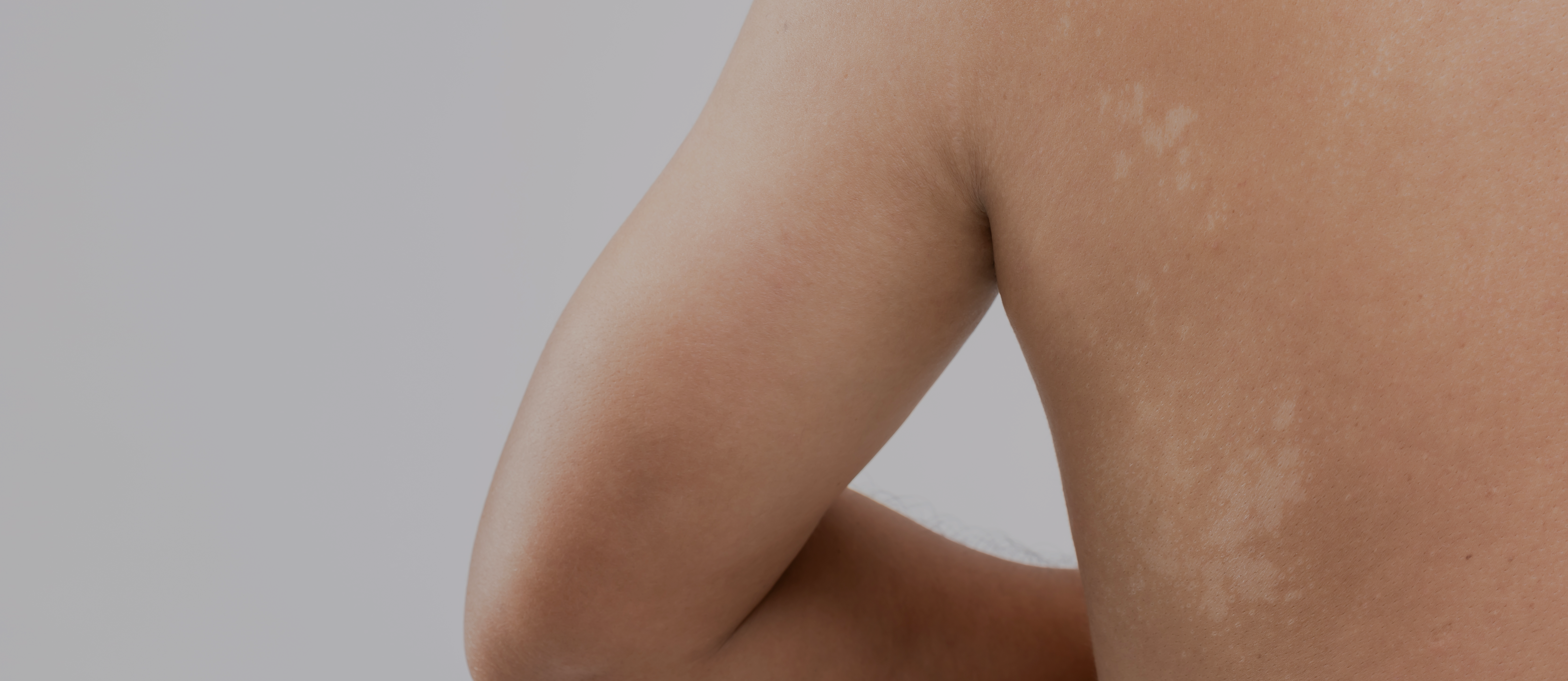Anete Sevciovic Grumach, Petra Staubach-Renz, Ricardo Cardona Villa, Susana Diez-Zuluaga, Imke Reese, William R. Lumry
J Allergy Clin Immunol Pract . 2021 Jun;9(6):2160-2168. doi: 10.1016/j.jaip.2021.04.023
The causes of urticaria vary with patients, with hives mainly characterizing most of them. Urticaria can be classified as acute or chronic according to its duration. Most patients have triggers that cause exacerbations, which should be avoided to help control the disease. This review aims to describe the factors that may trigger chronic urticaria and angioedema, highlighting its mechanisms.
The major drug groups that may trigger urticaria include nonsteroidal anti-inflammatory drugs, antibiotics (especially beta-lactams), vaccines, bupropion, antidepressants, antihypertensives, H2 antihistamines, antifungals, and H1 antihistamines. Other drugs that decrease the degradation of bradykinin (from the mast cell degranulation cascade) lead to angioedema and include angiotensin-converting enzyme inhibitors, neutral endopeptidase, and dipeptidyl peptidase-4 inhibitors, resulting in the accumulation of bradykinin, followed by localized vasodilation and then angioedema.
Food and food components may also trigger urticaria or angioedema, such as food additives and naturally occurring substances (biogenic amines and aromatic compounds).
Other triggers of angioedema without urticaria include emotional distress, physical exertion, mechanical trauma, infection, menstruation, pregnancy, medical procedures, weather changes, alcohol ingestion, and some medicinal products.
In conclusion, patients with urticaria or angioedema must know trigger factors to introduce changes in their lifestyle and an individualized approach to treatment.





